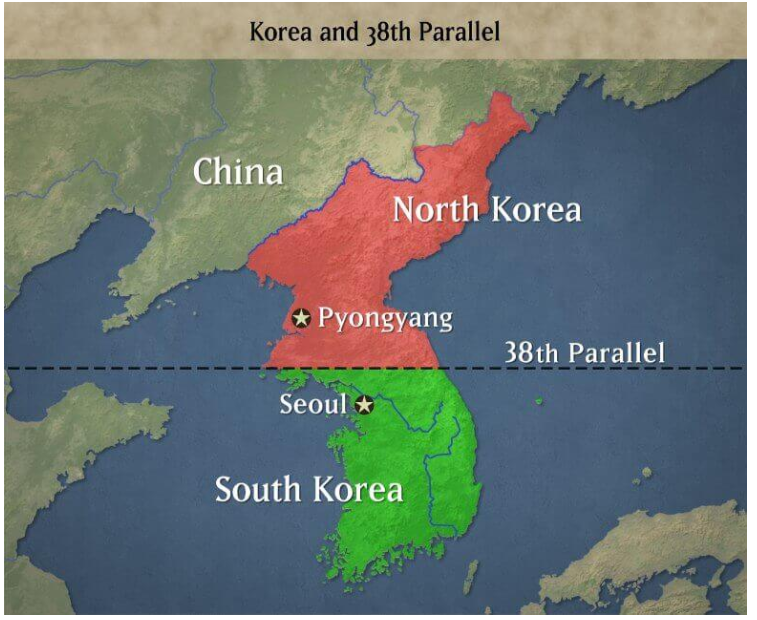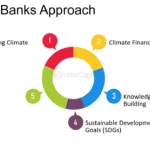By Tirthankar Mitra
North and South Korea have been at war for decades. While periodic flare ups are not uncommon, the tensions between North Korea and South Korea are now seemingly boiling over.
Neighbouring countries far and near sat up and took notice post a recent North Korean announcement that more than 1.4 million of its citizens had applied for joining the army. The tone and tenor were belligerent by all means.
The announcement of being flush with volunteers came after some roads and railway tracks were blown up by North Korea on its southern border. This was in response to South Korea allegedly sending drones with anti -Pyongyang propaganda leaflets across the border last week. Tension between the countries had been on the rise. In January North Korean leadership announced a shift in its outlook towards South Korea.
When US President Donald Trump and North Korean leader Kim Jong Un met in 2019, many hoped the two countries would make headway regarding denuclearisation and consequent ease off sanctions. Actually, it was the genesis of the current crisis.
The summit ended abruptly without even a joint statement being signed. North Korea restarted its nuclear program and ended its attempts to normalise relations with US and South Korea. Yet peace has been tried to be given a chance Talks of reunification of the two countries have been going since the 1970s. It would have been of mutual benefit if it had come about.
Negotiations towards achieving it has been held. Agreements had been signed in 2000, 2007 and 2018 but very little tangible progress has been made.
It was announced recently by North Korea that South Korea is now to be viewed as the “primary foe and invariable principal enemy”. By blowing up the Gyeongui and Donghae roads which connect the two countries, North Korea put a stop to talks of peace. South Korea’s proximity to US is no secret. But increasing closeness to Russia and China with North Korea has not made the latter wary of the neighbouring country.
The history of hostilities between the two countries dates back to 1950 when they fought a war sans a victory. An armistice was signed in 1953. But no peace treaty was signed. The Korean Demilitarized Zone divides the peninsula into half roughly round the 38th Parallel. Korean peninsula, is heating up again. Current tension is high.
But this does not mean that war is impending. So far, it is sabre rattling as leadership of both countries are aware that the fallout of a war which likely to involve use of nuclear weapons will leave the two neighbours vanquished. (IPA Service)

 World Bank’s Claim Of Lifting Millions Out Of Poverty Is Conceptually Flawed
World Bank’s Claim Of Lifting Millions Out Of Poverty Is Conceptually Flawed 